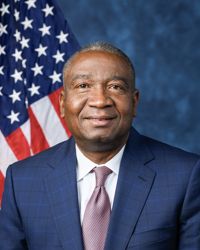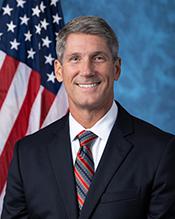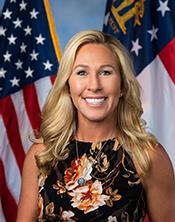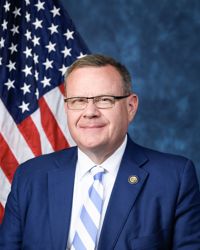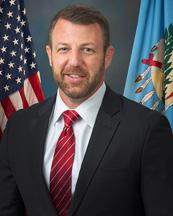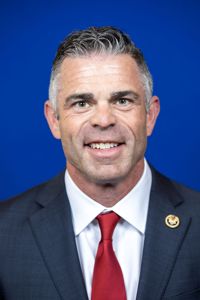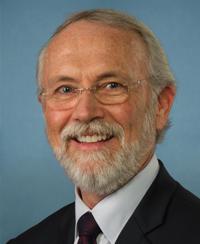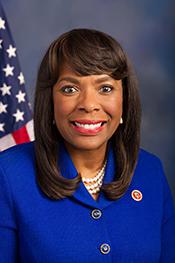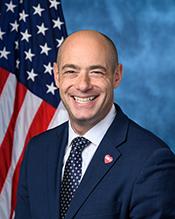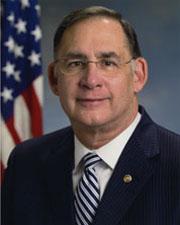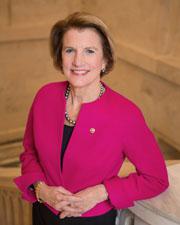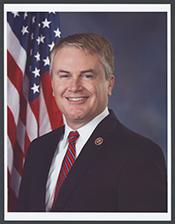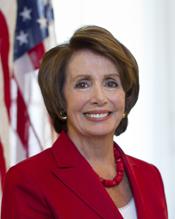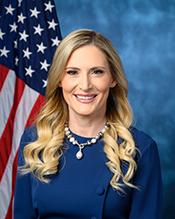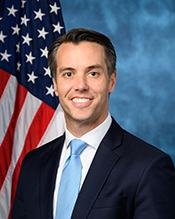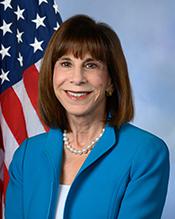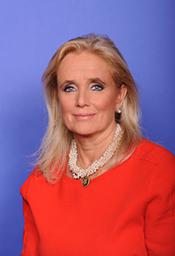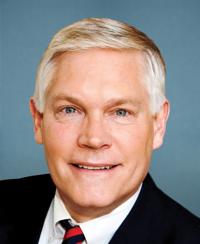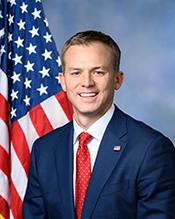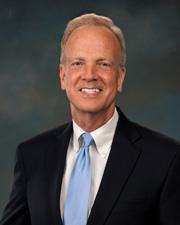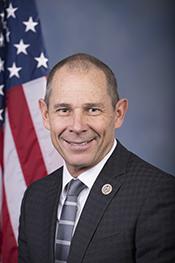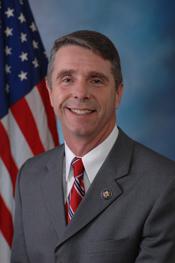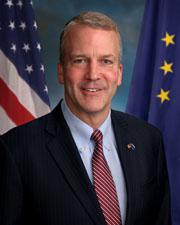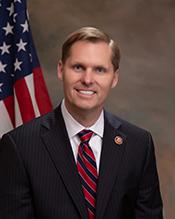H.R. 812: Making Advances Kinetic Education, Research, and Skills Act
The bill titled the Making Advances Kinetic Education, Research, and Skills Act (MAKERS Act) intends to promote the establishment and growth of makerspaces across the United States. Makerspaces are community spaces equipped with tools and technology that enable individuals, especially students and entrepreneurs, to prototype and create physical goods, while also fostering interdisciplinary learning and educational innovation.
Key Objectives
The primary goals of the MAKERS Act include:- Engaging individuals in community colleges and local environments with STEM (Science, Technology, Engineering, and Mathematics) programs.
- Developing essential STEM skills, including technical abilities, collaboration, and problem-solving.
- Building a workforce capable of meeting the demands of the STEM fields.
Funding and Grants
The bill establishes a competitive grant program managed by the Director of the National Science Foundation (NSF). Key points regarding the grant program are:- Grants will be awarded to institutions of higher education or collaborations between such institutions for the purpose of creating and researching makerspaces.
- Funds can be used for:
- Researching the effectiveness of makerspaces in enhancing STEM education.
- Purchasing equipment necessary for makerspace activities.
- Supporting other activities deemed appropriate by the NSF Director.
- Priority will be given to applicants who collaborate with workforce development organizations, educational agencies, or independent nonprofit groups.
- Grants will also favor projects involving community colleges, historically Black colleges or universities, or other minority-serving institutions.
Restrictions on Funding
The bill specifies that grant funds cannot be utilized for the construction of physical facilities to house makerspaces, except in cases where such construction is necessary for safety or operational requirements of the relevant equipment.Support for Diverse Populations
The bill recognizes the value of makerspaces in providing informal education that is often more effective for underrepresented populations in STEM fields. It aims to create opportunities that enhance skills desired by employers, including both technical and soft skills.Definitions
The bill includes specific definitions to clarify terms used within the legislation:- Makerspace: A community space providing tools and resources for learning and entrepreneurship.
- STEM: Refers to fields related to science, technology, engineering, and mathematics.
- Workforce development component: Refers to organizations or programs aimed at training people for the workforce.
Relevant Companies
- AAPL (Apple Inc.): May be impacted due to potential partnerships in educational technology and tools for makerspaces.
- MSI (Motorola Solutions Inc.): Could see changes based on the demand for technological equipment in STEM education settings.
- ADBE (Adobe Inc.): Might be affected as creatives and students may utilize Adobe products for projects in makerspaces.
This is an AI-generated summary of the bill text. There may be mistakes.
Sponsors
11 bill sponsors
-
TrackDavid Scott
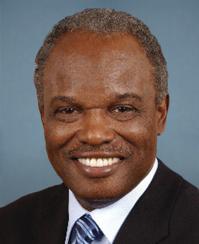
Sponsor
-
TrackAndré Carson
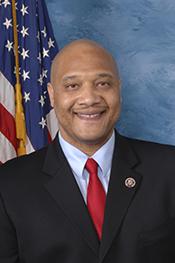
Co-Sponsor
-
TrackBrian K. Fitzpatrick
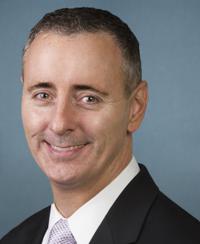
Co-Sponsor
-
TrackBill Foster
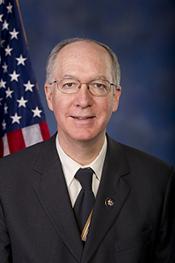
Co-Sponsor
-
TrackValerie P. Foushee
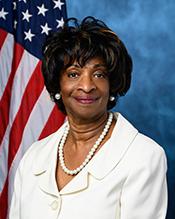
Co-Sponsor
-
TrackJonathan L. Jackson
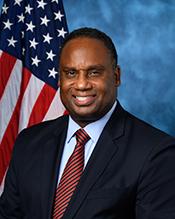
Co-Sponsor
-
TrackHenry C. "Hank" Johnson, Jr.
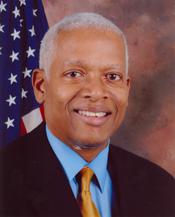
Co-Sponsor
-
TrackDeborah K. Ross
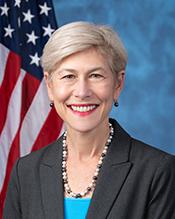
Co-Sponsor
-
TrackMark Takano
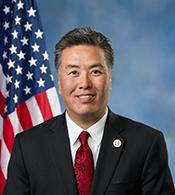
Co-Sponsor
-
TrackShri Thanedar
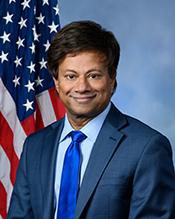
Co-Sponsor
-
TrackNydia M. Velázquez

Co-Sponsor
Actions
2 actions
| Date | Action |
|---|---|
| Jan. 28, 2025 | Introduced in House |
| Jan. 28, 2025 | Referred to the House Committee on Science, Space, and Technology. |
Corporate Lobbying
0 companies lobbying
None found.
* Note that there can be significant delays in lobbying disclosures, and our data may be incomplete.
